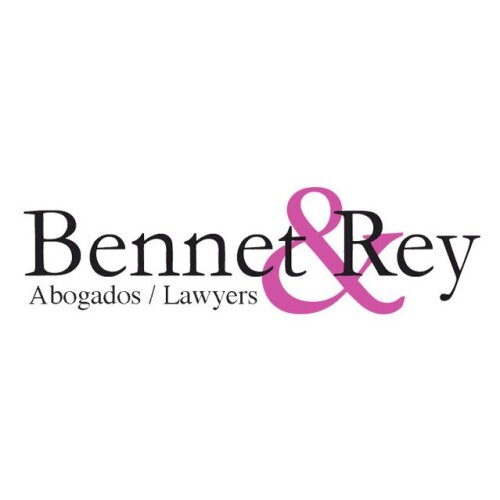Best Land Use & Zoning Lawyers in Madrid
Share your needs with us, get contacted by law firms.
Free. Takes 2 min.
Free Guide to Hiring a Real Estate Lawyer
List of the best lawyers in Madrid, Spain
About Land Use & Zoning Law in Madrid, Spain
In Madrid, Spain, as in most countries, Land Use & Zoning Laws manage how land can be used by managing the types of buildings that can be built in particular areas, how land can be used, and what activities can take place in specific regions. These laws are designed to create a balance, enabling urban development while observing environmental regulations and preserving historical and cultural landmarks.
Why You May Need a Lawyer
Legal representation in Land Use & Zoning can be necessary for a variety of circumstances. For example, if you're a property owner or a business intending to develop a new property, or modify an existing one, it's vital you understand the local zoning laws to prevent any potential legal issues. Similarly, if you wish to contest a decision made by a planning commission or zoning board, you might need legal support. A lawyer with expertise in Land Use & Zoning Laws can offer advice, support, and representation to navigate these complex regulations and processes.
Local Laws Overview
The fundamental legislation regulating Land Use & Zoning in Madrid is the Ley del Suelo (Land Law), with specific local regulations detailed in the Plan General de Ordenación Urbana de Madrid (General Urban Planning Scheme of Madrid). These laws lay out guidelines for the use of land, establishing zones for residential, industrial, commercial uses, etc. Other important factors include the conservation of historical sites, nature reserves, parks, and other protected areas. Understanding these rules is vital for anyone planning any type of development or change in land use in Madrid.
Frequently Asked Questions
1. Can I change my land's designated use?
Change in the designation or zoning of land is possible through a process known as rezoning. This generally requires an application and approval from the local planning commission.
2. What happens if I violate zoning laws?
Non-compliance with zoning laws can lead to penalties such as fines, orders to cease operations or even demolish unauthorized structures.
3. Can zoning decisions be appealed?
Yes, if you're affected by a zoning decision, you can appeal it. An appeals process usually involves demonstrating how the decision adversely impacts the use or value of your property.
4. How are zoning areas determined?
Zoning areas are determined by the local government, considering factors like current land use, future plans, environmental considerations, community needs, and the general wellbeing of the community.
5. Can I operate a business from my residential property?
It depends on the specific zoning of your property and the nature of the business. Some home-based businesses are allowed under certain circumstances, but they often need to meet specific criteria.
Additional Resources
The Ayuntamiento de Madrid (Madrid City Council) and the Comunidad de Madrid (Madrid Region) websites contain useful information regarding Land Use & Zoning regulations. They also provide access to maps, planning documents, and information on the application and appeals processes.
Next Steps
If you believe you need legal representation in matters of Land Use & Zoning, you should seek out a lawyer with expertise in this area. Initial steps could include familiarizing yourself with the local laws and processes, identifying your specific issues or challenges, and then arranging for a consultation with a professional lawyer.
Lawzana helps you find the best lawyers and law firms in Madrid through a curated and pre-screened list of qualified legal professionals. Our platform offers rankings and detailed profiles of attorneys and law firms, allowing you to compare based on practice areas, including Land Use & Zoning, experience, and client feedback.
Each profile includes a description of the firm's areas of practice, client reviews, team members and partners, year of establishment, spoken languages, office locations, contact information, social media presence, and any published articles or resources. Most firms on our platform speak English and are experienced in both local and international legal matters.
Get a quote from top-rated law firms in Madrid, Spain — quickly, securely, and without unnecessary hassle.
Disclaimer:
The information provided on this page is for general informational purposes only and does not constitute legal advice. While we strive to ensure the accuracy and relevance of the content, legal information may change over time, and interpretations of the law can vary. You should always consult with a qualified legal professional for advice specific to your situation.
We disclaim all liability for actions taken or not taken based on the content of this page. If you believe any information is incorrect or outdated, please contact us, and we will review and update it where appropriate.















